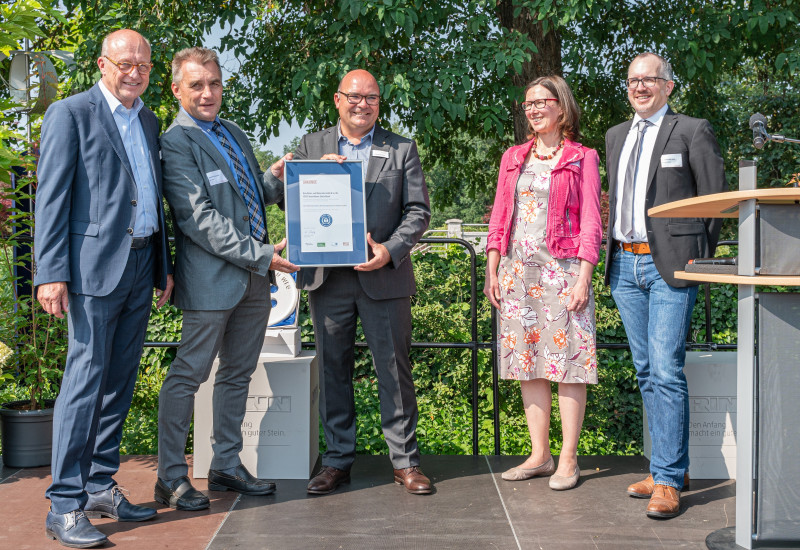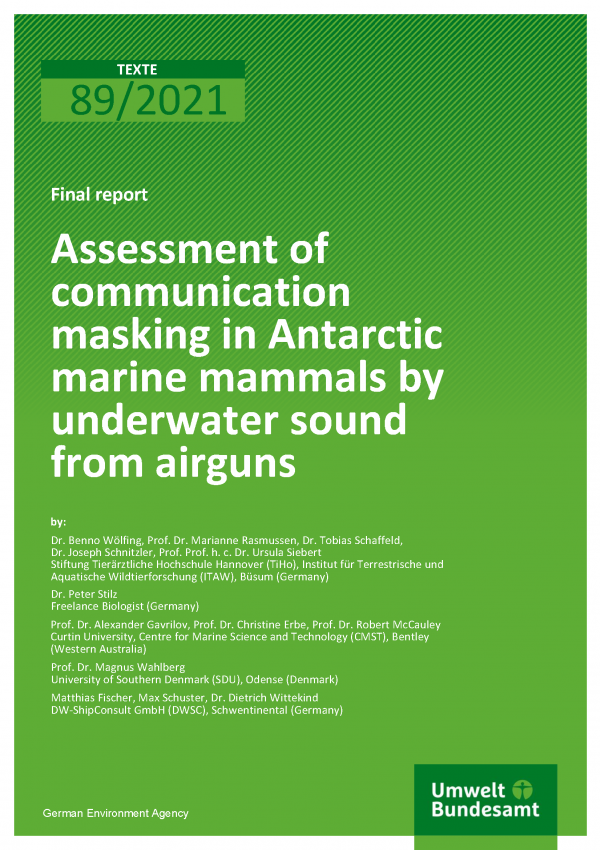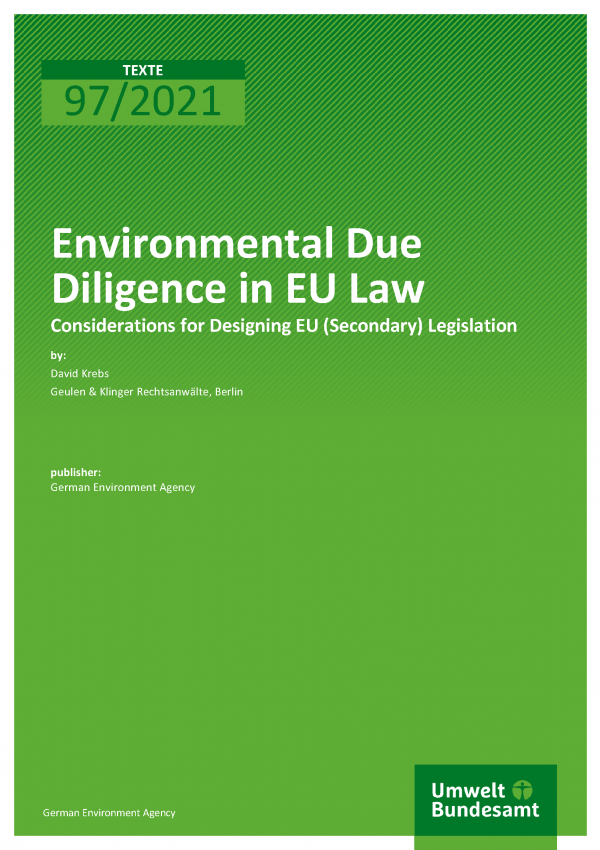Anchor climate adaptation into law now: Proposals for effective precaution against climate risks

Extreme weather events are becoming more severe and frequent due to climate change.
Source: Jürgen Flächle / Fotolia.com |
The risks to Germany from the consequences of global warming have been known for quite some time and were most recently comprehensively identified in the Climate Impact and Risk Analysis for Germany presented by the Federal Environment Ministry and the German Environment Agency in June 2021. A network of 25 federal authorities and institutions from nine ministries developed scientifically substantiated proposals for measures enabling federal states, municipalities, businesses and private individuals to reduce damage, prepare for extreme weather events and adapt to unavoidable climate impacts. However, Germany has so far lacked the appropriate legal and financial framework to implement these measures across the country. The inclusion of climate change adaptation in existing funding instruments, such as urban development funding or the new promotion programme "Climate Change Adaptation in Social Institutions", is an important step in the right direction.
Effective climate protection can only be achieved through cooperation between the federal government and the federal states. A new joint task "Adaptation to Climate Change" is needed in the constitution in order to anchor climate adaptation as a permanent state task and to support the federal states and communities in the nationwide implementation of adaptation measures. This instrument enables the federal government to provide financial support for comprehensive municipal climate protection, for example for heavy rainfall prevention, heat and flood prevention and drought protection measures. Article 91a of the constitution, which also regulates agricultural structure and coastal protection as a communal task, should be expanded to include climate adaptation. The constitutional amendment required should be treated as a top priority by the new government and should also be stated as such in the coalition agreement.
A federal climate adaptation law should accompany the establishment of the new communal task. The law would have a guiding and supplementary character with regard to the specialised laws, such as the Building Code, and would create planning and investment security. In addition, clear responsibilities and procedural regulations would be created for the implementation of a long-term climate change adaptation policy by the federal government and the German states. The law should provide a framework for regular assessment and updating of legal and financial frameworks and measures, such as land (re)use (e.g. extent of sealing and deforestation), or risk mapping for local heavy rainfall.
However, the devastating heavy rainfall in July 2021 also clearly shows that adaptations have their limits. Since climate protection has not been pursued ambitiously enough in Germany and worldwide, it is no longer possible to prevent damage and destruction caused by global warming entirely, but only to reduce it. Against this background, the decisive reduction of greenhouse gas emissions is the first and foremost measure to protect human lives, infrastructures, cities and prosperity. The goal must remain to limit global warming of the planet to below 2 degrees in order to limit further escalating climate impacts.
The more successful climate protection is, the more effective climate adaptation to the unavoidable consequences of global warming could become. Should climate protection not succeed, the costs of adaptation, the uncertainties for the population and the number of extreme events that overwhelm our society's ability to act will increase. No matter how successful climate protection and clever adaptation strategies are, they will not be able to completely rule out residual risks of global warming and obviate comprehensive disaster protection. These are communal tasks, which the state, the economy and society need to address in the age of global warming.





























